SRL S-10CROA1


Self propelled surface to air missile system SRL S10-CROA1
Self propelled surface to air missile system SRL S10-CROA1 is a part of Croatian’s air-defence system SRS PZO S-10CRO and is intended to be used against air attacks of armoured, mechanized units, protection of vital objects, airports and naval bases on small and medium altitudes. It is specifically intended to be used for defense against air-attacks (air-forces, attack helicopters, guided missiles) of moving units.
Main assembly parts of SRL S10-CROA1:
armoured combat vehicle
rocket launcher with four rocket holders
regulated electromotor drive
rocket launching subsystem
central computer for launcher positioning towards target and shooting control
optoelectronic subsystem
subsystem used for determination of launching zone
subsystem for voice communication and reception/transmission of digital data
commander's computer used for reception of commands and delivery of battle actions of SRL to main command centre
sensors: GPS, compass, inclinometer, fire-fighting and heating subsystems, autonomous power supply;
Technical specifications of SRL S10-CROA1:
Combat set: 8 missiles (4 on launcher ready-to-fire and additional 4 in APC vehicle)
Mass: 9850 kg
Dimensions:
- cruising position 7270 x 2700 x 2400 mm (outline 2000 mm)
- combat position 7270 x 2700 x 3635 mm
Maximum speed:
- on asphalt 90 km/h
- non-asphalt 35 km/h
Transport features:
- drive 3 shafts, 6 x 6
- maximum angle of ascent up to 70%
- dealing with obstacles up to 1500 mm at 35%
- side inclination up to 35%
- dealing with vertical obstacles up to 515 mm
- dealing with trenches up to 800 mm in width
- dealing with water obstacles up to 1000 mm in depth
- firing mode stationary or in motion at cruising speed of 30 km/h
- operating modes centralized or autonomous
- target detection/ target guidance: acquisition radar; data transfer system; optronic sensors
- target data measurements: distance; radial and angular speed (radar range finder, launcher drives and central computer)
- self-guiding system IR/photo-contrast with selection of actual target
- target destruction impact type and laser-operated
- head-on course up to 1500 km/h (417 m/s)
- dog course up to 1100 km/h (310 m/s)
- temperature range of operation -30ºC to +50ºC
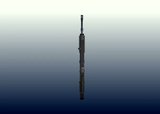
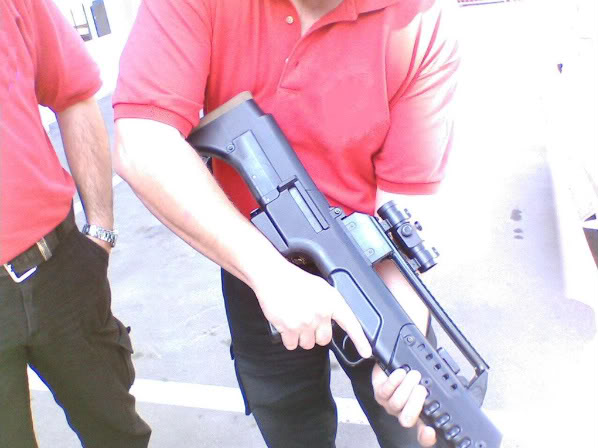
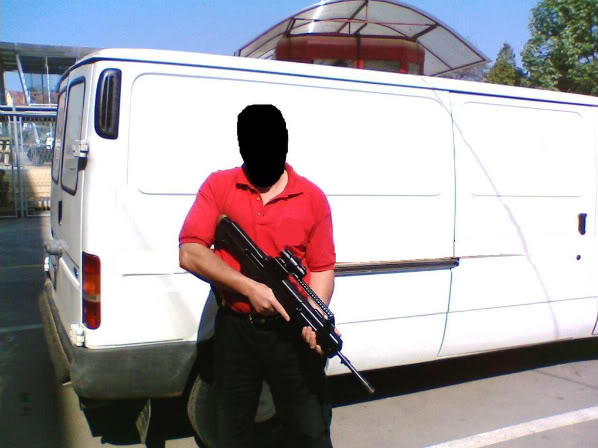




 New VHS rifle Configuration
New VHS rifle Configuration



 Berta Sniper rifle
Berta Sniper rifle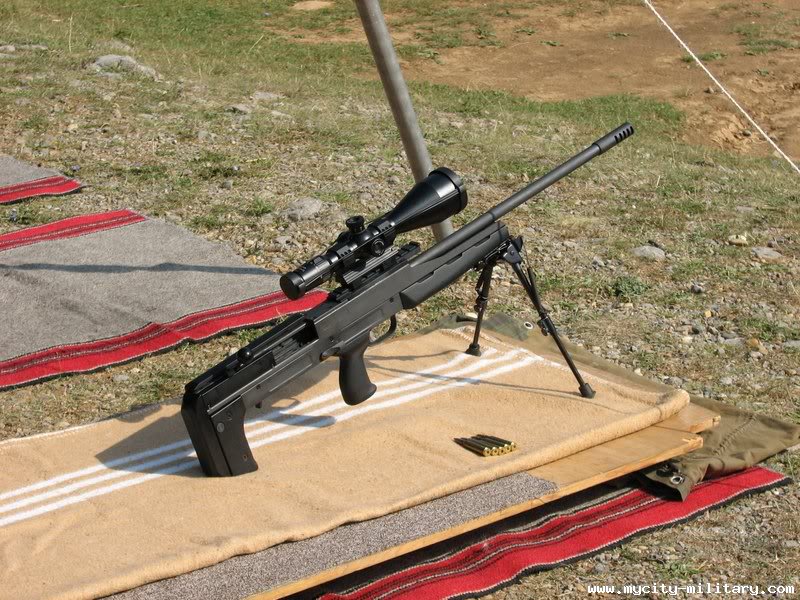
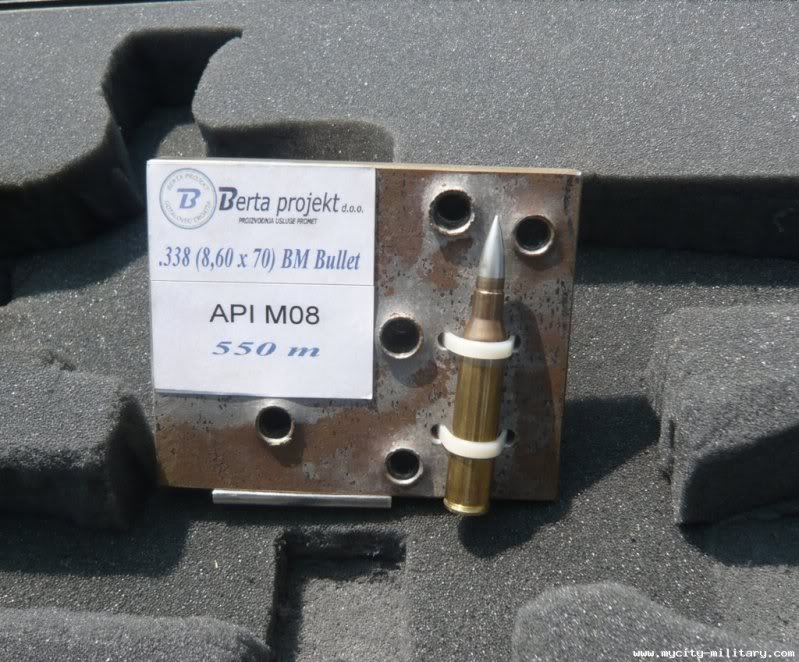


 Croatian Rifles-Pistols:
Croatian Rifles-Pistols:
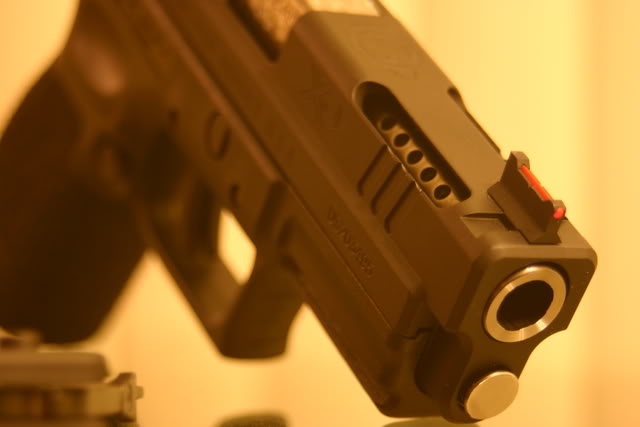

 Croatian Neutron Scanner
Croatian Neutron Scanner
 Croatian Defence Industry
Croatian Defence Industry


 Re: Croatian Defence Industry
Re: Croatian Defence Industry
 Re: Croatian Defence Industry
Re: Croatian Defence Industry
 Re: Croatian Defence Industry
Re: Croatian Defence Industry
 Re: Croatian Defence Industry
Re: Croatian Defence Industry